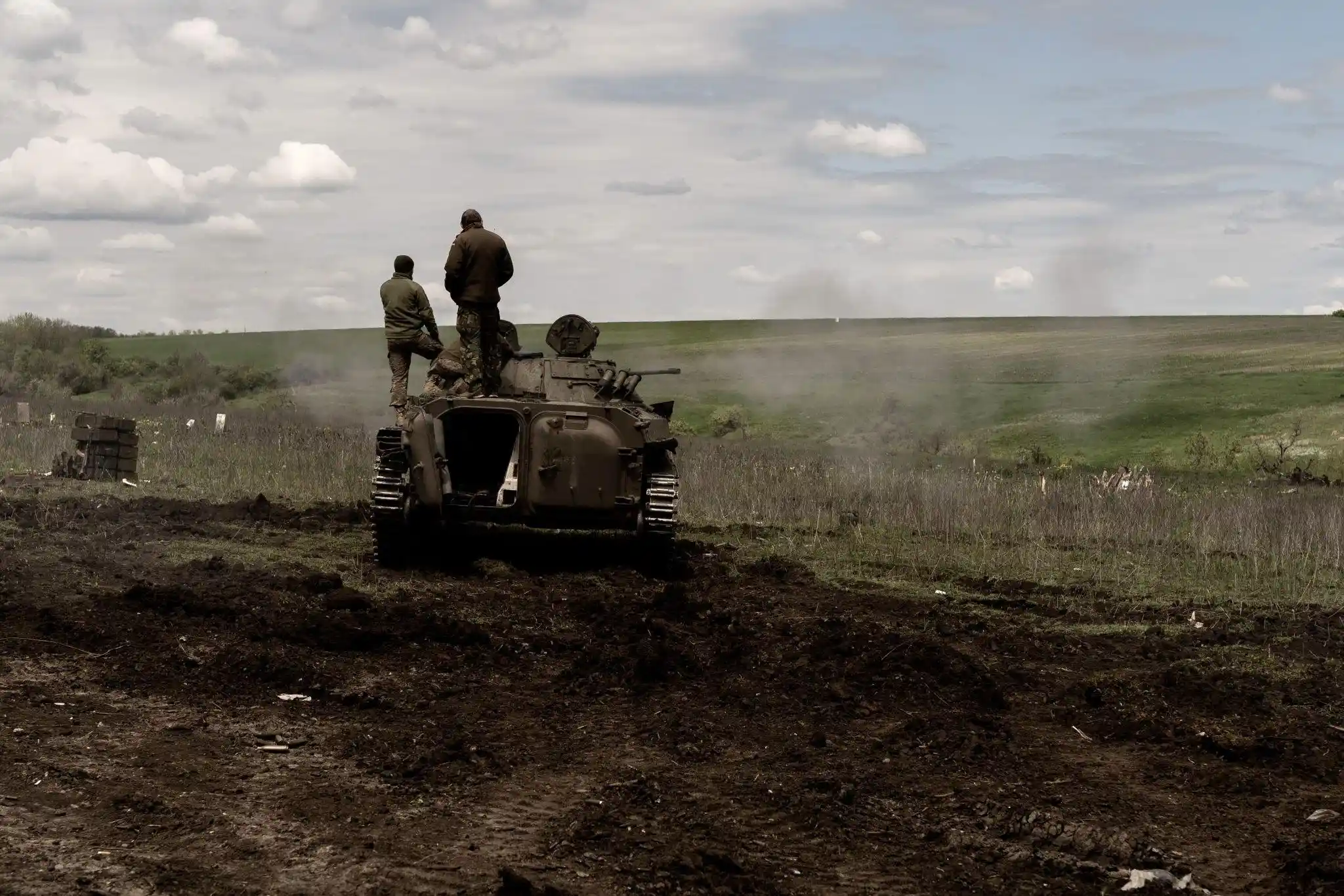Dr. Azza holds a PhD with first-class honours and has been recommended for publishing and distribution at Egyptian universities in political psychology and the psychology of terrorist organisations.
She held an expert position at the Strategic Issues and Future Studies Unit at the Information and Decision Support Centre (IDSC) of the Egyptian Cabinet and the Egyptian Centre for Strategic Studies (ECSS).
She was a member of the discussion committees for various PhD theses at the Nasser Higher Military Academy, worked in the Regional Security Unit at the Regional Centre for Strategic Studies, and participated in the Egyptian National Security Council research committee. She is the author of many books, translations, policy papers and research studies that address unconventional aspects of regional and global security challenges and political upheavals and phenomena. Her works have been published in numerous local and international think tanks. She also has excellent experience creating policy papers and research that serve as decision-makers support systems. Her interests focus on studying the psychological dimensions of political, security and technological phenomena and transformations. She is skilled in using research techniques and methods focused on foresight and early warning.

